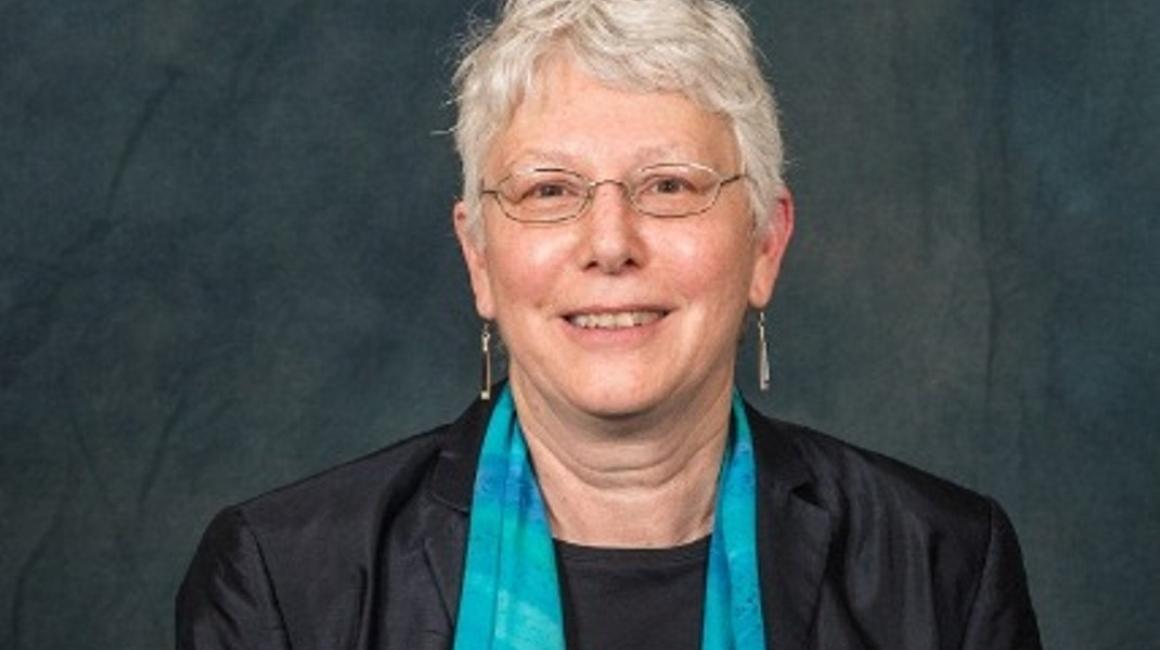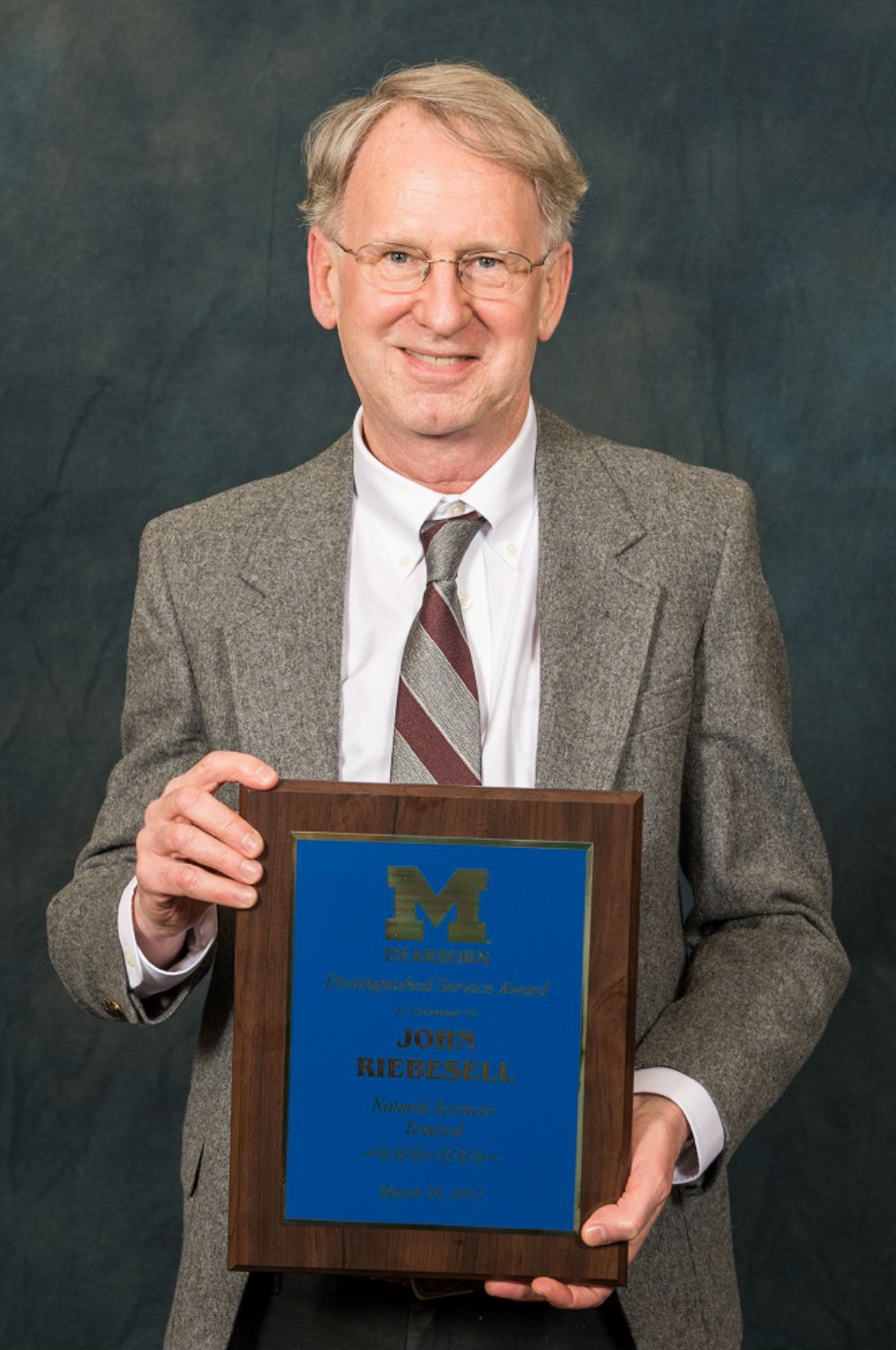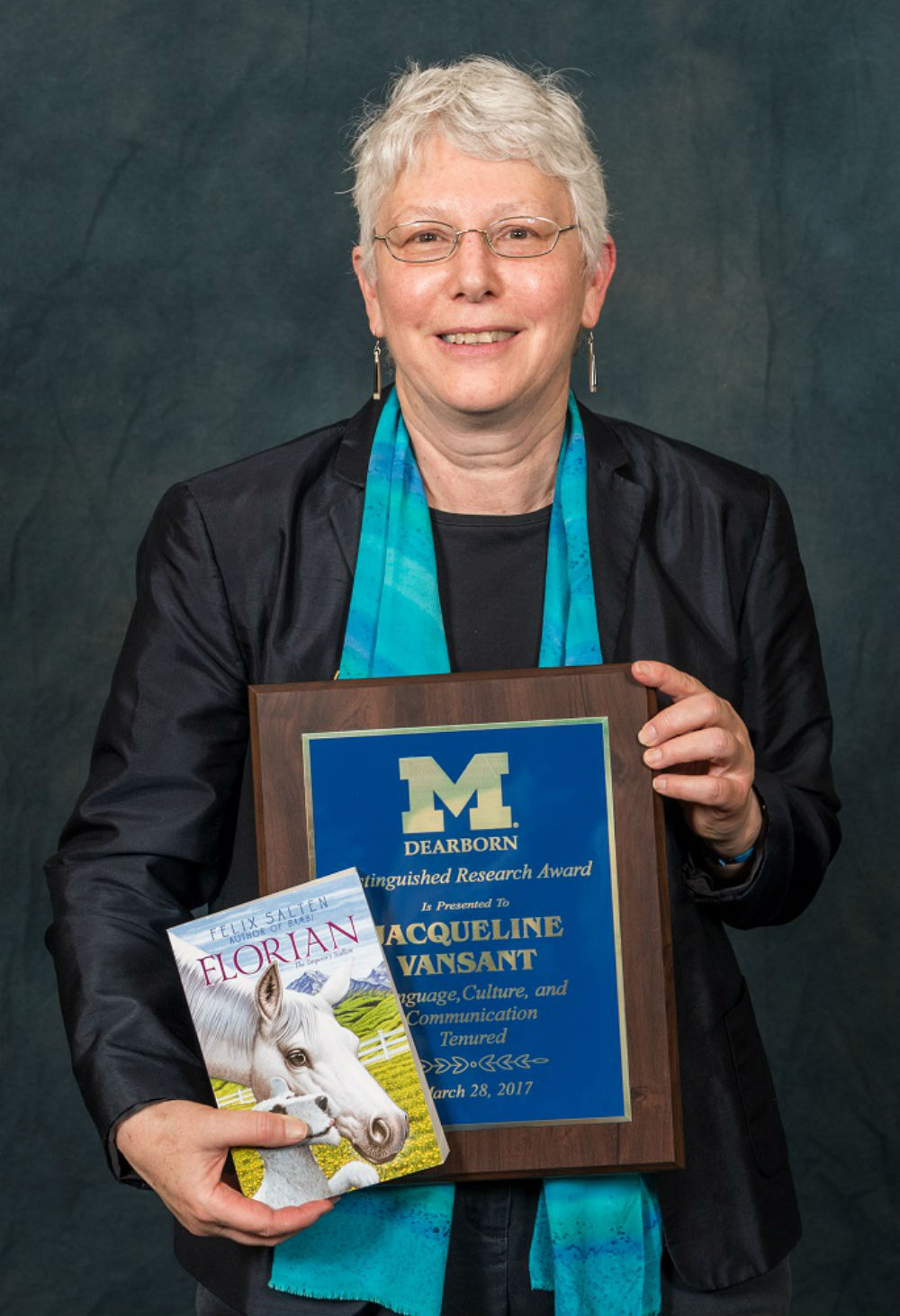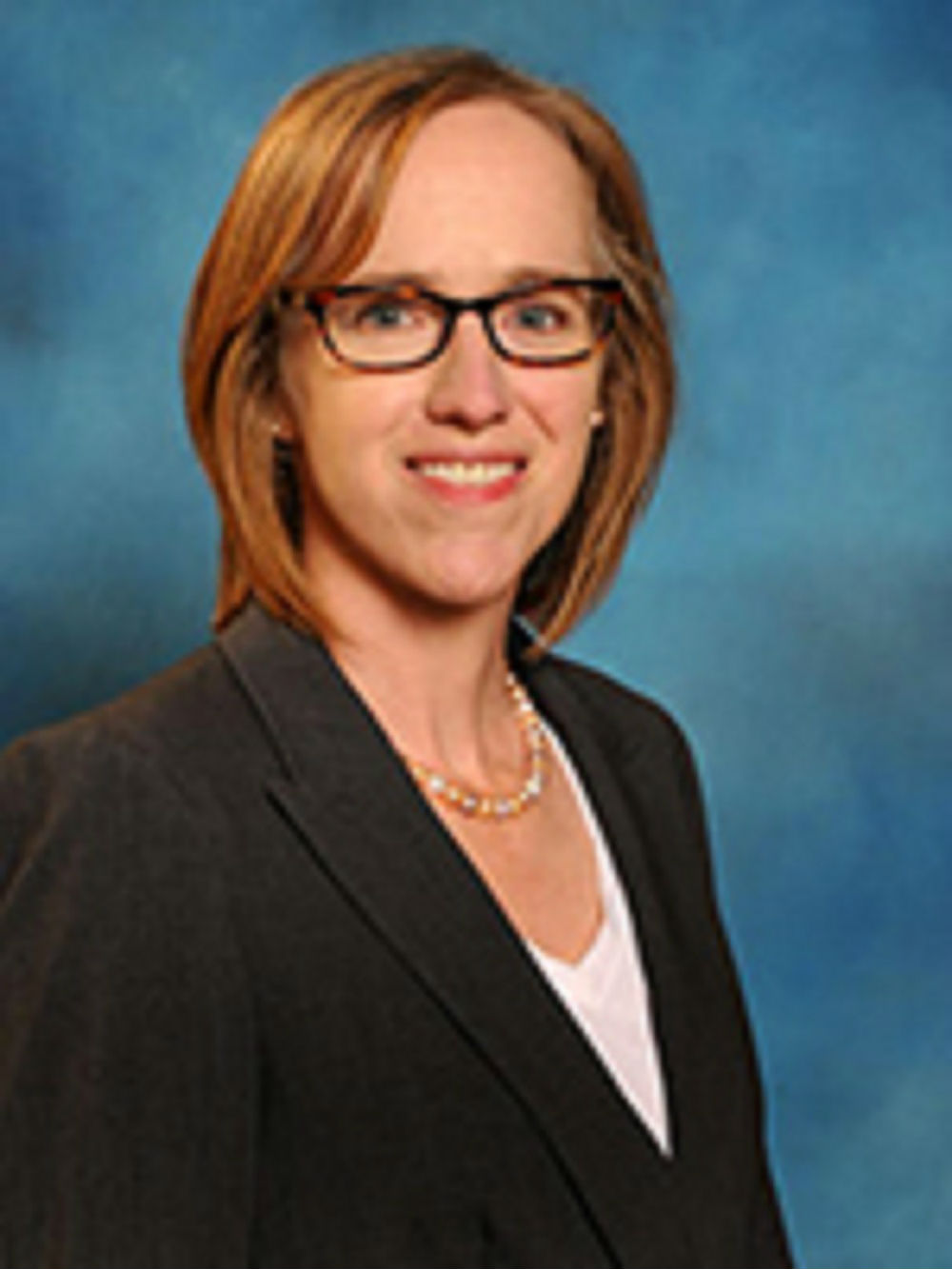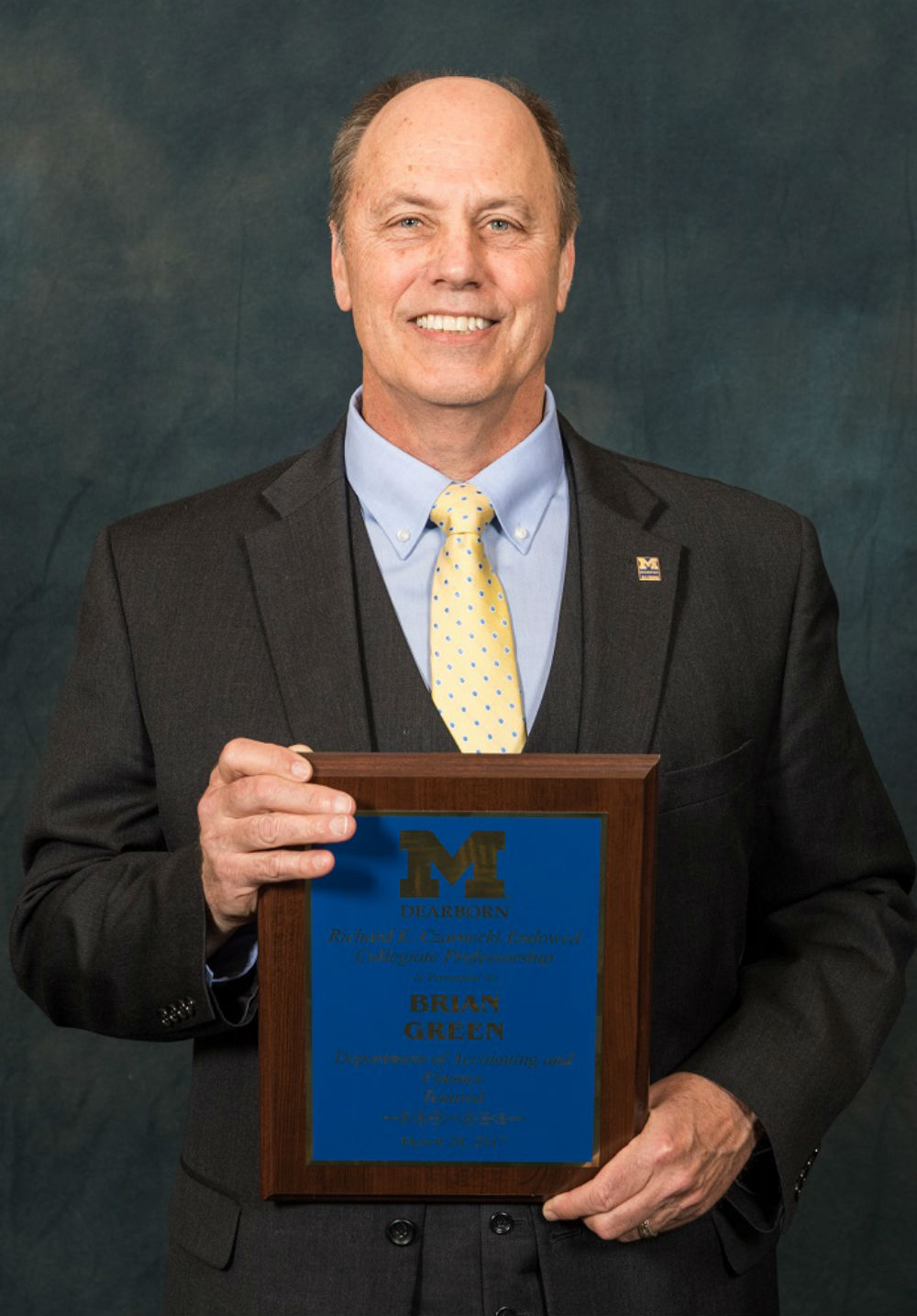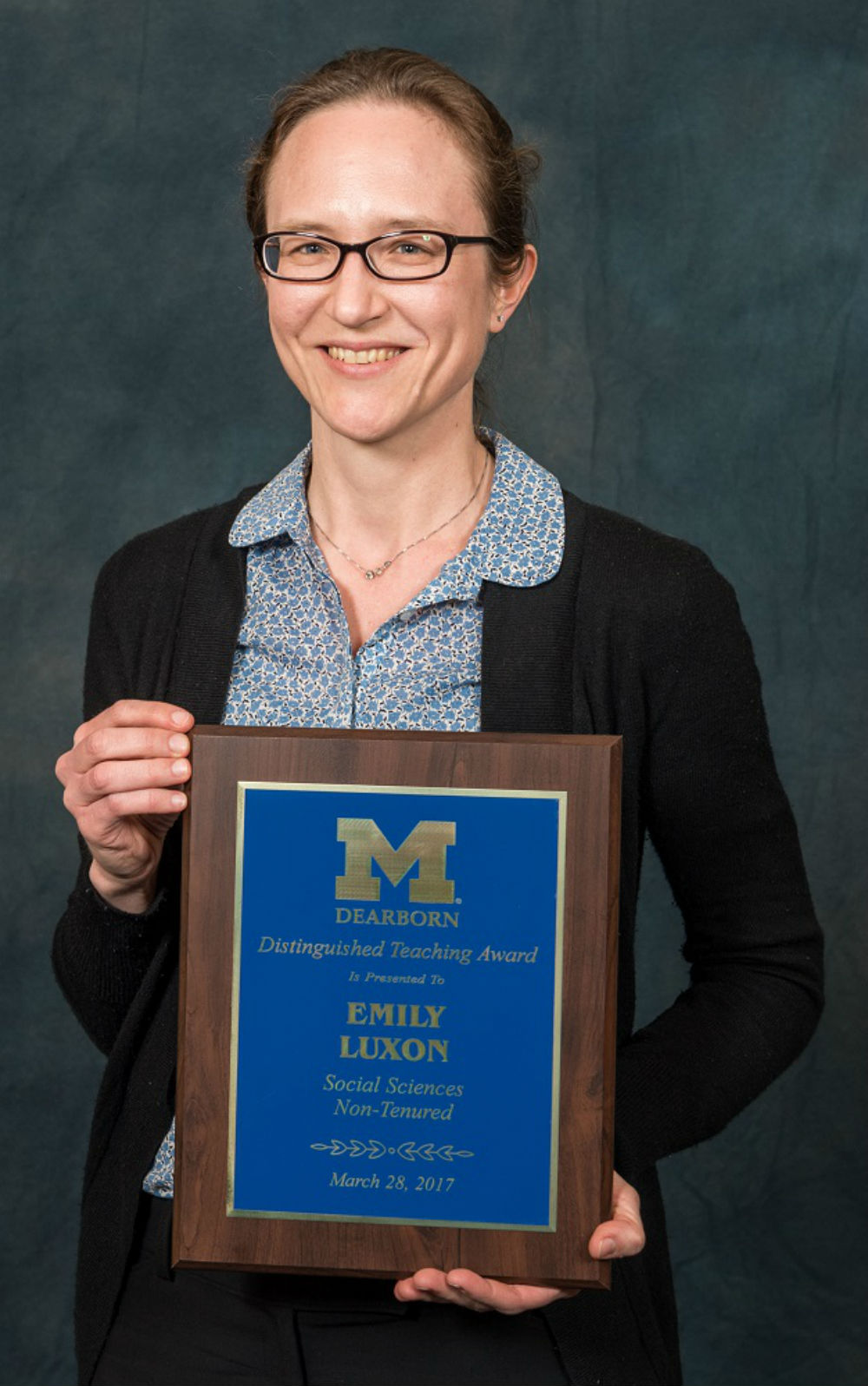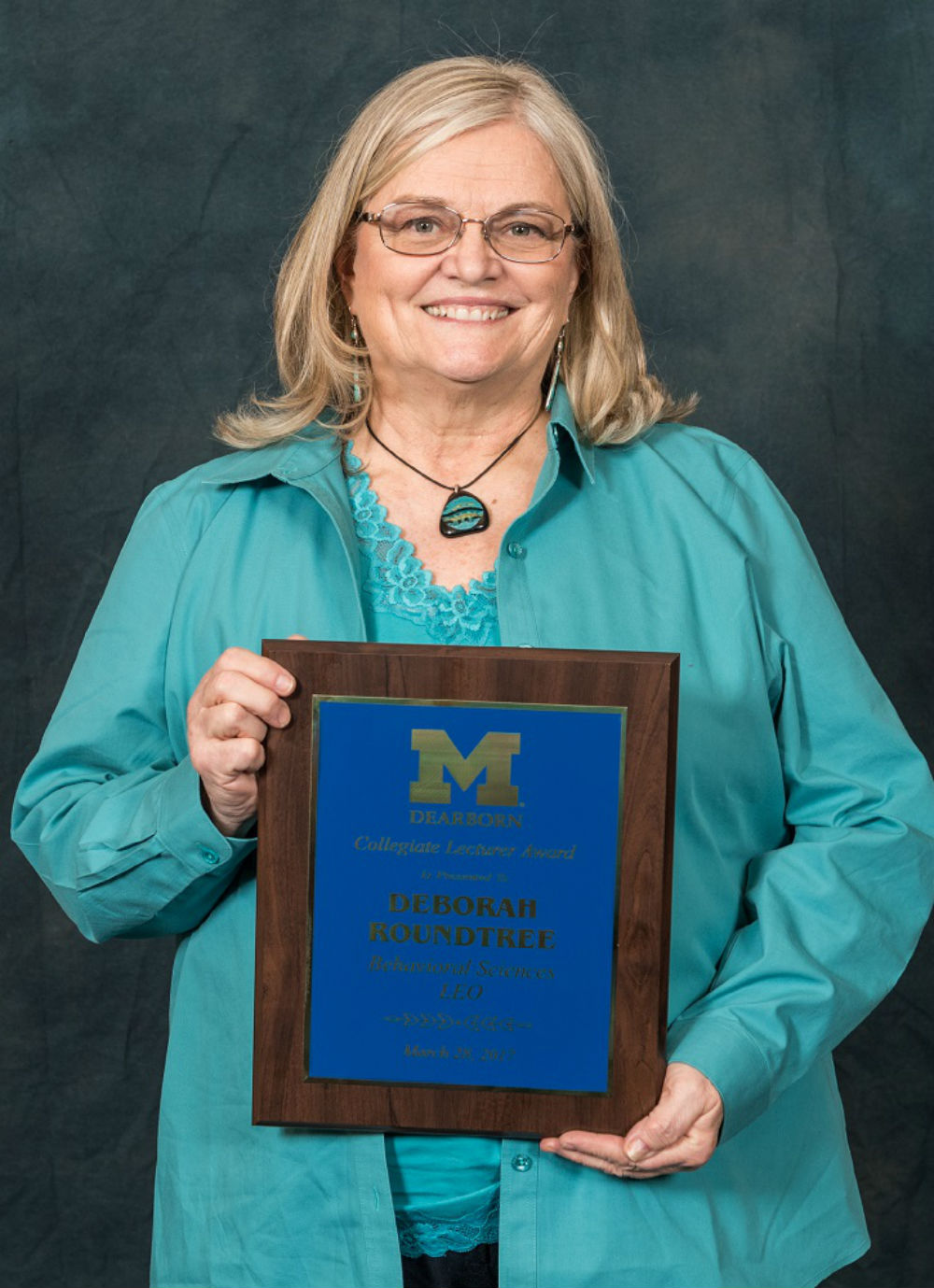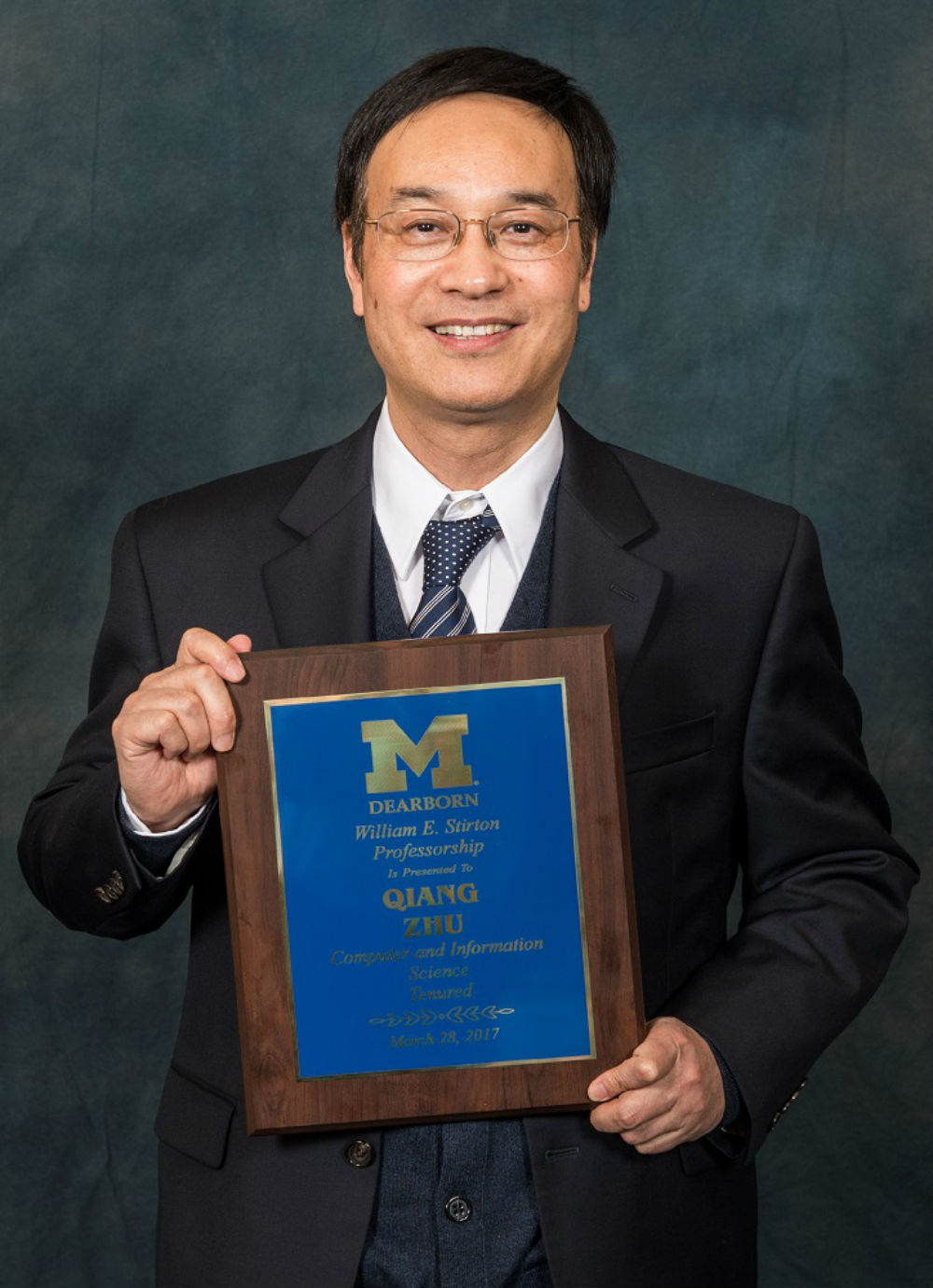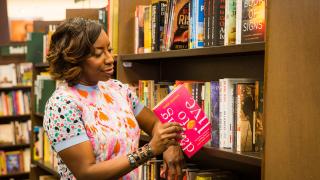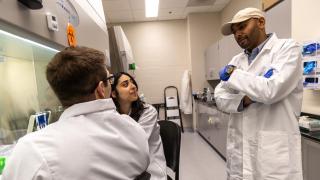College of Arts, Sciences, and Letters
American Studies
Kerry Forsythe
Anthropology
Laura Bossio
Applied Statistics
Addison Shay
Art History
Caroline Thibodeau
Behavioral Sciences
Emma Trivax
Biochemistry
Quintin Solano
Biology
Ryan Kelly
Chemistry (ACS Certified)
Grace Burrell
Communication
Emily Pauling
Criminology and Criminal Justice
Tessa Mallett
Earth Science
Sean Hyde
Economics
Aaron Kipfmiller
English
Blue Profitt
Environmental Science
Ani Cooper
Environmental Studies
Sarah Flynn
French Studies
Laura Luka
General Studies
Evelyn Lukasik
Hispanic Studies
Bahzad Ballout
History
Olivia Oudsema
Humanities
Amanda Mosakowski
International Studies
Jillian Lewczynski
Journalism and Screen Studies
Jenna Kroepel
Liberal Studies
Zachary Zilkowski
Mathematics
David Storey
Microbiology
Adam Oest
Philosophy
Nic Jones
Physics
Eric Nelson
Political Science
Sumer Ghazala
Psychology
Nicholas Paron
Social Studies
Hannah Temple
Sociology
Marybelle Fayad
Urban and Regional Studies
Grace Moore
Women’s and Gender Studies
Syeda (Fiana) Arbab
Graduate Program in Psychology
Samsuk Kim
Graduate Program in Liberal Studies
Julie Altesleben
Graduate Program in Applied and Computational Mathematics
Samantha Yassine
Graduate Program in Public Administration
Sarah Thornburg
Master of Science in Environmental Science
Esma Tuncay
College of Business
Accounting
Alexander Krasuski
Digital Marketing
Erika Southworth
Finance
Matthew Piotrowski
General Business
Liliana Gonzalez
Human Resource Management
Amanda Daul
Information Technology Management
Joshua Pavlica
Management
Daniel Skrobowski
Marketing
Lorna Flowerday
Supply Chain Management
Monica Topolovec
Graduate Program in Accounting
Chelsea Barton
Graduate Program in Finance
Andrew Michalak
Graduate Program in Business Administration
Paige Pritchard
Graduate Program in Business Analytics
Lu Chen
Graduate Program in Supply Chain Management
Rami Alameddine
Graduate Program in Information Systems
Sant Balakrishnan Sobhana
Graduate Program in Business Administration and Master of Finance
Xavier Abraham
College of Engineering and Computer Science
Bioengineering
Tamara Siblini
Computer Engineering
Danya Bazi
Computer and Information Science
Corey Knick
Electrical Engineering
Kenneth Yesh
Industrial and Systems Engineering
Kathleen Rubenson
Mechanical Engineering
Brandon Lee
Manufacturing Engineering
Georgette Javarinis
Robotics Engineering
Ammar Jamal Eddin
Software Engineering
Ryan Bisson
Graduate Program in Automotive Systems Engineering
Akash Patel
Graduate Program in Computer Engineering
Swarnali Biswas
Graduate Program in Computer and Information Science
Derrick Boroski
Graduate Program in Electrical Engineering
Hesham Alghodhaifi
Graduate Program in Energy Systems Engineering
Ian Cantrell
Graduate Program in Engineering Management
Amy Michaud
Graduate Program in Industrial and Systems Engineering
Wenjie Wang
Graduate Program in Information Systems and Technology
Anudeep Yeleti
Graduate Program in Mechanical Engineering
Suhas Kulkarni
Graduate Program in Program and Project Management
Ruta Joshi
Graduate Program in Software Engineering
John Villota Prismag
College of Education, Health, and Human Services
Graduate Program in Health Information Technology
Naba Al Sayag
Health Policy Studies
Kelsey Griffin
Public Health
Niveen Elder
Bachelor of Arts in Educational Studies
Carol Luk
Bachelor of Arts in Child Life
Jenifer Pifer
Bachelor of Arts in Instructional Technology
Zeinab Zaiter
Master of Arts in Early Childhood Education
Jessica Arsenault
Master of Arts in Education
Renee Garcia
Master of Arts in Educational Leadership
Alexander Griffiths
Master of Arts in Educational Technology
Robert Spicuzza
Master of Education in Special Education
Lisa Pappas
Master of Science in Science Education
Chrystal Bruckner
Master of Arts in Teaching
John Demko
Doctorate of Education (Ed.D.)
John Branch
Education Specialist (Ed.S.)
Klodia Saad
Bachelor of Arts in Education (Early Childhood)
Amanda Tokarski
Bachelor of Arts in Education (Language Arts)
Eman Ashabi
Bachelor of Arts in Education (Mathematics Studies)
Fatima Al-Raishouni
Bachelor of Arts in Education (Reading)
Robin Wilson
Bachelor of Arts in Education (Social Studies)
Megan Scalise
Bachelor of Arts in Education (Science Studies)
Zeinab Skaf
Bachelor of Arts in Education (Special Education)
Maribeth Attard
Bachelor of General Studies
Elizabeth Tosto
